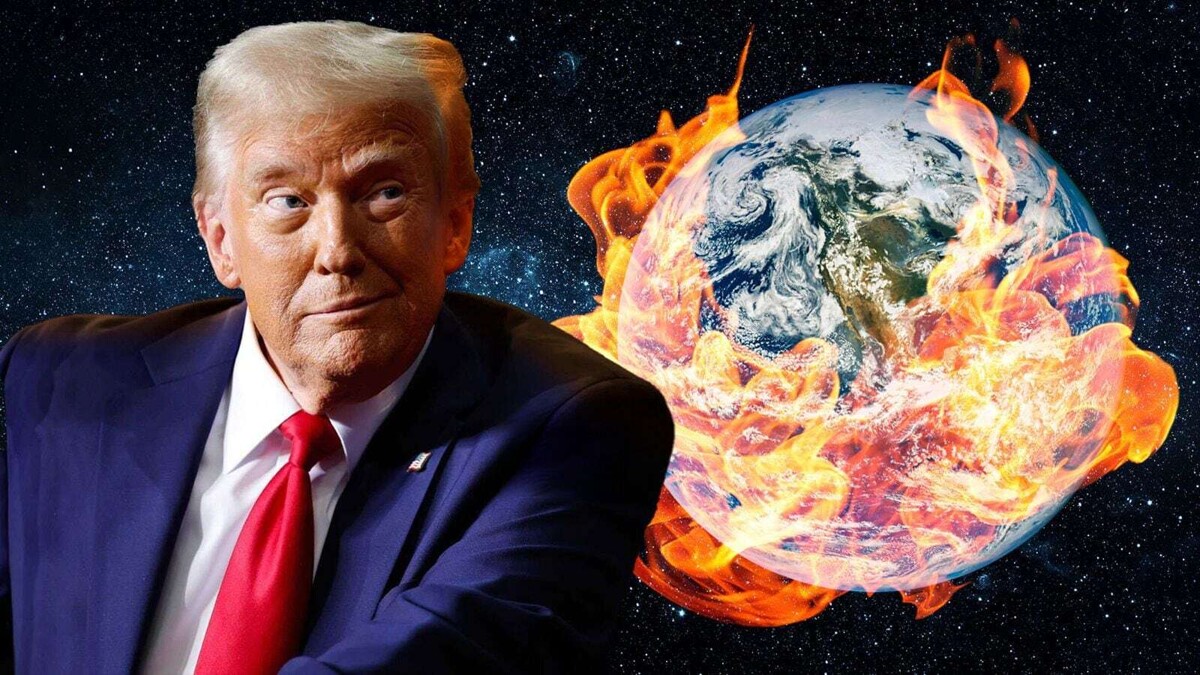
Mexico must remain allied with the United States, as they are economically, socially, and culturally integrated. In this context, the U.S. government is adopting measures that reflect its approach to make the country great at the expense of its allies, such as the closure of USAID funds. This move can be interpreted as a strategy to diminish external influence.
Although Democrats are also not seen as the best option, there has been a negative reaction towards migrants from far-right movements in the United States. This rejection has focused on people of other races, reflecting a growth of xenophobia in the country. Globally, the United States has been involved in a series of disputes and controversial actions, from a tariff war to territorial threats.
On the other hand, Mexico has been categorized as one of the most corrupt countries in the OECD, marking its worst rating in decades. A resurgence of xenophobia from Anglo-Saxons towards Hispanics is mentioned, which may be due to the Latin cultural and social influence in the United States. The reluctance to maintain an open stance towards diversity could have international consequences for the United States.
In this scenario, China could take advantage of the weakening of U.S. cultural leadership and public image to increase its influence globally. While the United States is engulfed in internal conflicts, China is working toward its expansion and growth objectives. This contrast in approaches could change the global balance of power in the future, especially if the United States continues to polarize its society and alienate its allies.














